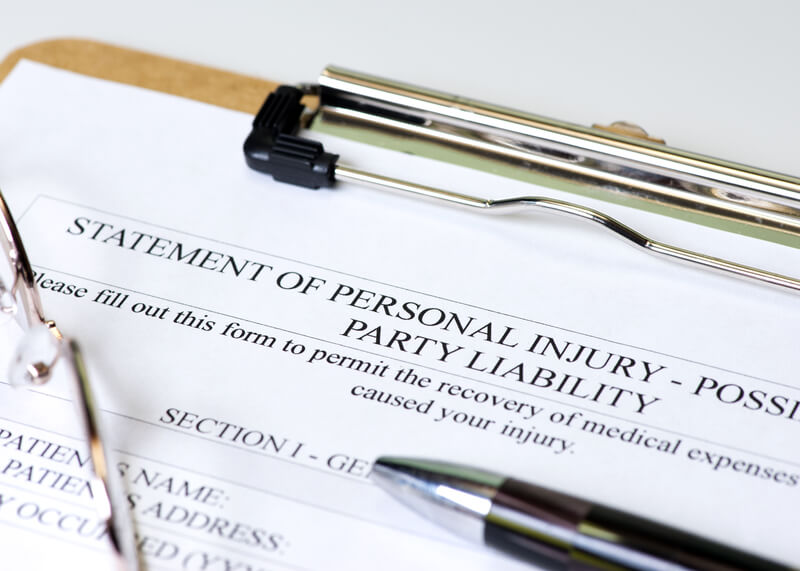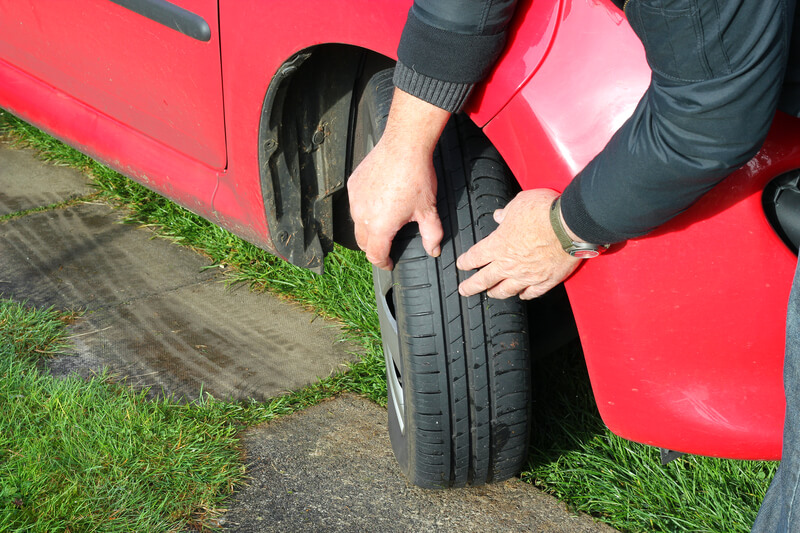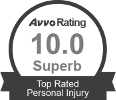At Litner + Deganian, we understand how complex and traumatic prenatal injuries can be. We specialize in cases like these, working with injured pregnant women and their families to ensure that their current and future medical expenses will be met.
Any car crash is scary, but when you’re pregnant, the potential risks increase. Even a minor fender bender can result in serious medical issues, complications for your baby or even developmental problems down the line.
According to the American Journal of Obstetrics and Gynecology, trauma complicates 1 in 12 pregnancies, making it the leading non-obstetric cause of maternal death. The most common form of unintentional trauma comes from car crashes, with an estimated 207 cases per 100,000 pregnancies. Here’s what to do if you’re involved in a car accident:
Start with prevention: Always wear your seatbelt
After a car accident while pregnant, it’s critical to get help or contact your obstetrician, even if you don’t feel hurt. But one essential safety measure takes place before you even turn on the car: buckling up. Using your seatbelt, even if it feels uncomfortable, is one of the most important things you can do to protect your health and that of your baby, from your first trimester on. The National Highway Traffic Safety Administration has a great infographic on how to position your seatbelt (both shoulder belt and lap belt) and what seat adjustments you might need to make for safe driving while pregnant.
The National Highway Traffic Safety Administration also recommends that pregnant front-seat passengers leave their airbags on. While you should never place a car seat in the front seat of a vehicle (or allow a small child to ride in the front), pregnant passengers benefit from the protection of airbags in the event of a car crash.
You can also adjust the height and position of your steering wheel to be more comfortable.
Seek emergency care if you’re hurt
After a crash, call 911 or head to the emergency room if you at any point experience unconsciousness, pelvic pain, fluid leakage or vaginal bleeding. The impact of the crash or the force you experience when slamming on the brakes can cause placental abruption, where the placenta separates from the uterus. The placenta separating from the uterus can lead to a drop or even blockage in the baby’s oxygen and nutrient supply, causing:
- Limited growth
- Developmental problems
- Premature birth
- Miscarriage, fetal death or stillbirth
For the pregnant woman, a placental abruption can cause hemorrhaging, potentially resulting in shock, clotting problems, the need for a transfusion, organ failure or, in extreme cases, a hysterectomy.
Car accidents or sudden braking can also lead to spontaneous abortion, uterine rupture and the increased need for a cesarean delivery.
If you are admitted to the hospital, you should be examined by both trauma and obstetrics teams, likely undergoing an ultrasound. If you are Rh-negative, you may be given Rh immunoglobulin in case your blood and the baby’s blood mixed after the accident.
Depending on your situation, your obstetrician may recommend follow-up appointments with a perinatologist until your delivery.
Talk to your doctor even if you’re not experiencing symptoms
If you’re not obviously hurt or experiencing troubling symptoms, it’s still important to call your obstetrician-gynecologist after any car crash—no matter how minor—or after a near miss involving sudden braking. Even a serious issue like placental abruption is not always noticeable.
While on the phone with your obstetrician, you’ll be able to discuss the circumstances of the accident and determine if you should head to the hospital immediately or schedule an office visit with your doctor. You’ll want to seek emergency care if you experience:
- Abdominal pain or cramping
- Vaginal spotting or bleeding
- A change in the baby’s movement
- Severe headaches
The bottom line? Motor vehicle crashes can cause serious pregnancy complications, sometimes without any obvious symptoms. To best protect your health and that of your baby, make sure you get checked out after an accident.
When to avoid driving while pregnant
Safe driving while pregnant isn’t too different from safe driving—so long as you’re prioritizing comfort, using seatbelts and avoiding distractions.
While your OBGYN will likely pass on a long list of “don’ts” during pregnancy—like drinking alcohol, eating deli meat or playing high-impact sports, driving won’t make the list except under special circumstances. There are only a few situations where pregnant women are advised not to drive, including:
- When it’s impossible to stop regularly: With an increased risk of deep vein thrombosis, be sure road trips allow for plenty of chances to stop. You’ll also be more comfortable managing common pregnancy concerns, including back pain or the need to use the bathroom frequently, if you’re able to stop often.
- When you’re suffering from extreme nausea: If you’re facing near-constant illness while pregnant, talk to your obstetrician-gynecologist about what measures could help.
- When you’re in labor: Labor is unpredictable, and it’s possible to progress from irregular contractions to active labor in a short span of time, or to welcome your baby before the due date. By your third trimester, work with your partner, family, friends and coworkers to ensure you have a reliable, safe way to get to the hospital when you go into labor. If your plan and backup plan fall through, call 911 rather than risk driving yourself.
Atlanta Personal Injury Lawyers
If you are pregnant and have been injured in a car accident, your medical needs may be complex and ongoing. At Litner + Deganian, we understand the complexities of these types of cases. Contact the personal injury attorneys at Litner + Deganian for a free consultation.












